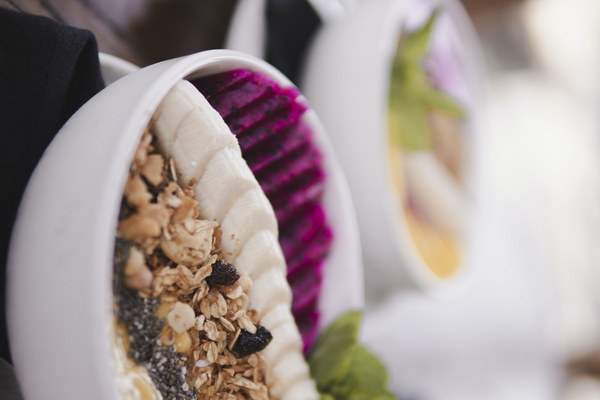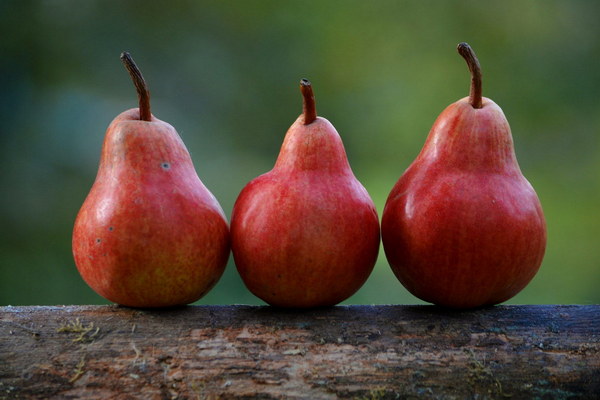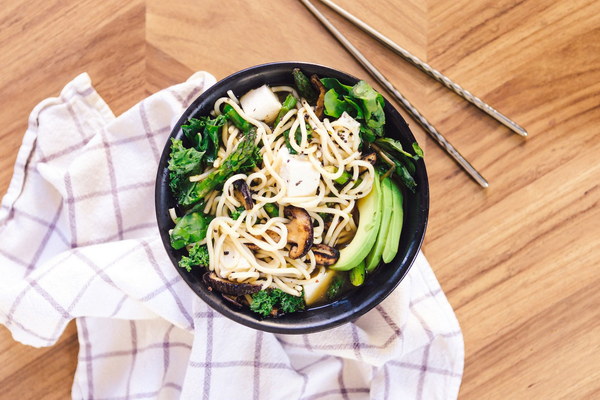Harvesting the Essence of Nature Embracing the Seasonal Rituals of Chinese Health and Wellness
In the tapestry of life, each season carries its own unique gifts, both for the earth and for those who reside within it. Chinese health and wellness, deeply rooted in the philosophy of harmony with nature, emphasizes the importance of embracing the rhythms of the seasons. As autumn approaches, the air turns crisp, and the leaves transform into a kaleidoscope of colors, it is time to harvest the essence of nature and nourish our bodies with the seasonal rituals of Chinese health and wellness.
Autumn, known as Chūshū in Chinese, is the time for harvest, a period when the fruits of our labor are gathered and stored for the colder months ahead. It is also a time when the body transitions from the heat and humidity of summer to the cooler, drier days of winter. This seasonal shift requires a careful balance of yin and yang, the complementary forces that govern the natural world and our own health.
To align with the descending yin energy of autumn, it is essential to focus on building our yin, or cooling, energy. This can be achieved through a variety of practices, including dietary adjustments, herbal remedies, and lifestyle changes.
Dietary Adjustments:
The Chinese diet during autumn emphasizes the consumption of foods that are sweet, bitter, and sour, as these flavors help to balance the body's yin. Sweet foods, such as dates and sweet potatoes, can help to nourish the lungs and strengthen the immune system. Bitter greens, like kale and dandelion, are excellent for cooling the body and clearing heat. Sour fruits, like lemons and limes, can help to stimulate digestion and promote liver health.
In addition to these flavors, autumn is also the season to incorporate more root vegetables into our diet. Carrots, beets, and radishes not only provide essential nutrients but also help to ground and nourish the body as the energy begins to wane.

Herbal Remedies:
Herbal medicine plays a significant role in Chinese health and wellness, and autumn is no exception. Many traditional herbs can help to support the body's transition into the cooler months. For example, astragalus is known for its immune-boosting properties, while reishi mushroom is believed to enhance energy and vitality. Other herbs, such as schisandra and codonopsis, can help to balance the body's yin and yang, promoting overall health and well-being.
Lifestyle Changes:
In the spirit of autumn, it is important to adjust our lifestyle accordingly. This may include:
- Clothing: As the temperature drops, dress in layers to protect against the cold and maintain warmth.
- Exercise: Engage in moderate, outdoor exercise to boost circulation and strengthen the lungs. Activities like walking, tai chi, and qi gong are particularly beneficial during this season.
- Rest: Prioritize rest and sleep to allow the body to rejuvenate. The ancient Chinese believed that the most profound healing occurs during the hours of sleep.
- Mindfulness: Embrace the quiet and introspection that autumn brings. Engage in practices that promote mental clarity and emotional balance, such as meditation or journaling.
By embracing the seasonal rituals of Chinese health and wellness, we can not only support our physical health but also cultivate a deeper connection with the natural world. As the leaves fall and the world prepares for winter, let us harvest the essence of nature and nurture our bodies, minds, and spirits.
In conclusion, autumn is a time of transformation and renewal. By aligning our lives with the rhythms of the season, we can enhance our well-being and embrace the gifts that nature offers. So, as the days grow shorter and the air turns crisp, let us cherish this season of change and harmony, and remember that true health and wellness are rooted in the delicate balance between us and the world around us.









